Max Verstappen will begin the defence of his Formula 1 World Championship in Bahrain on Sunday.
All-new chassis regulations represent the biggest design shake-up in nearly 40 years, with a clear aim to improve the racing spectacle. The regulations for the 1.6-litre V6 turbo hybrid powertrains remain stable, but with a couple of crucial caveats: a power-sapping E10 fuel has been introduced, while homologation has been frozen from now until 2026, when a new-generation powertrain will be introduced. So what each team has now is what they will have for the next four seasons. Development was frantic before the big freeze.
For Verstappen, this ruling was particularly crucial because, at least for now, his Red Bull Racing team no longer has the support of a manufacturer engine supply, following Honda’s withdrawal from F1. Then again, he shouldn’t notice the difference, thanks to a deal for Red Bull to buy and utilise Honda’s F1 intellectual property.
The champion clearly has faith as Red Bull steps up as a newly independent F1 powerhouse: he has just signed a ‘golden handcuffs’ deal extension said to be worth north of forty million euros per year that will keep him in Milton Keynes until the end of 2028.
Indie life
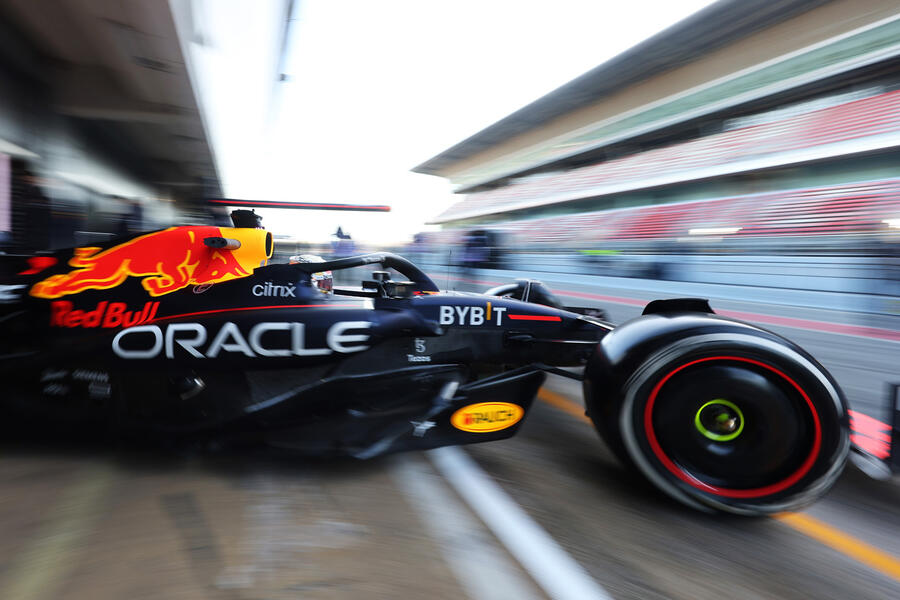
A few days before the deal was announced and between the two pre-season tests, Autocar pays a visit to Red Bull’s expanding campus to catch up with team principal Christian Horner. In the office next door, technical director Adrian Newey is buzzing around during what is the busiest time of an F1 team’s year. Horner has plenty on his plate too, finalising plans for the new powertrain facility (which he says should be fully operational by June) and completing an aggressive recruitment drive, while also fighting the usual political wars that are part and parcel of an F1 chief’s existence. No wonder the 48-year-old looks a little tired.
“The past 12 months have been absolutely flat out in building the facility and recruiting the best talent,” he says. Many of the new arrivals, including technical director Ben Hodgkinson, have been poached directly from arch-rival Mercedes-AMG High Performance Powertrains in Brixworth, just the other side of the M1.

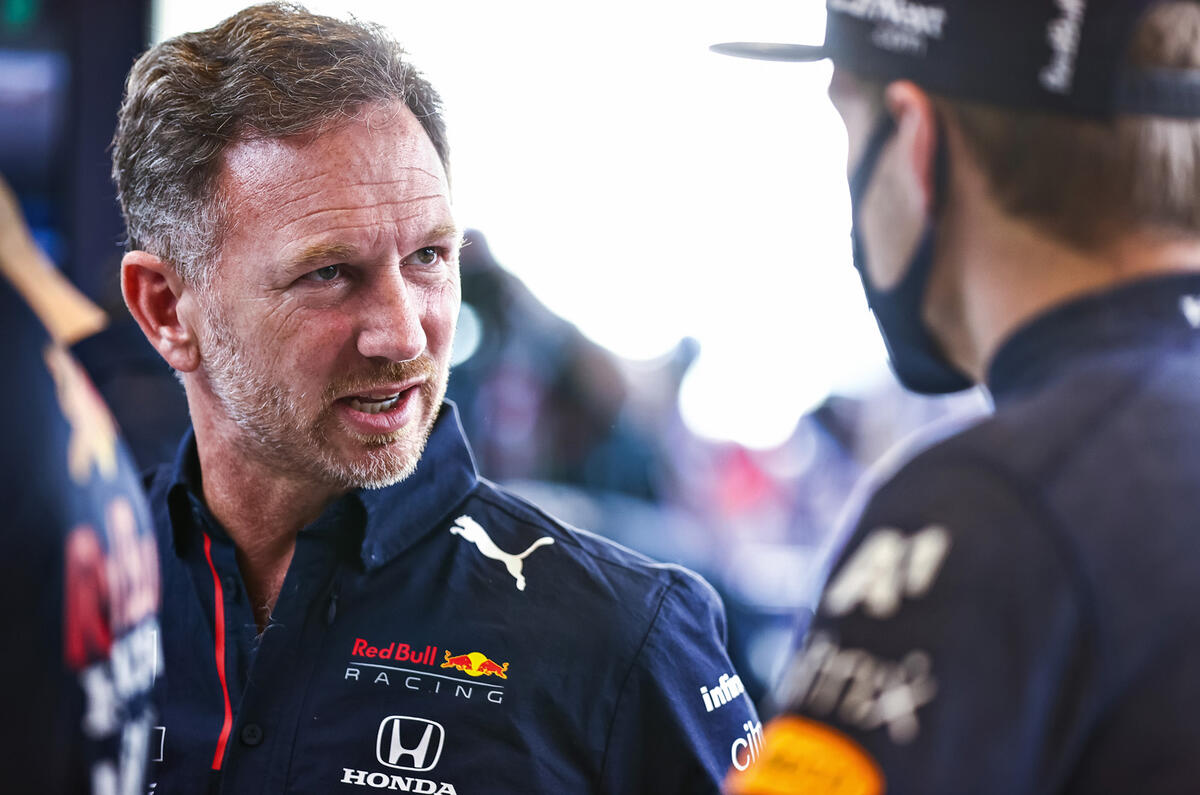
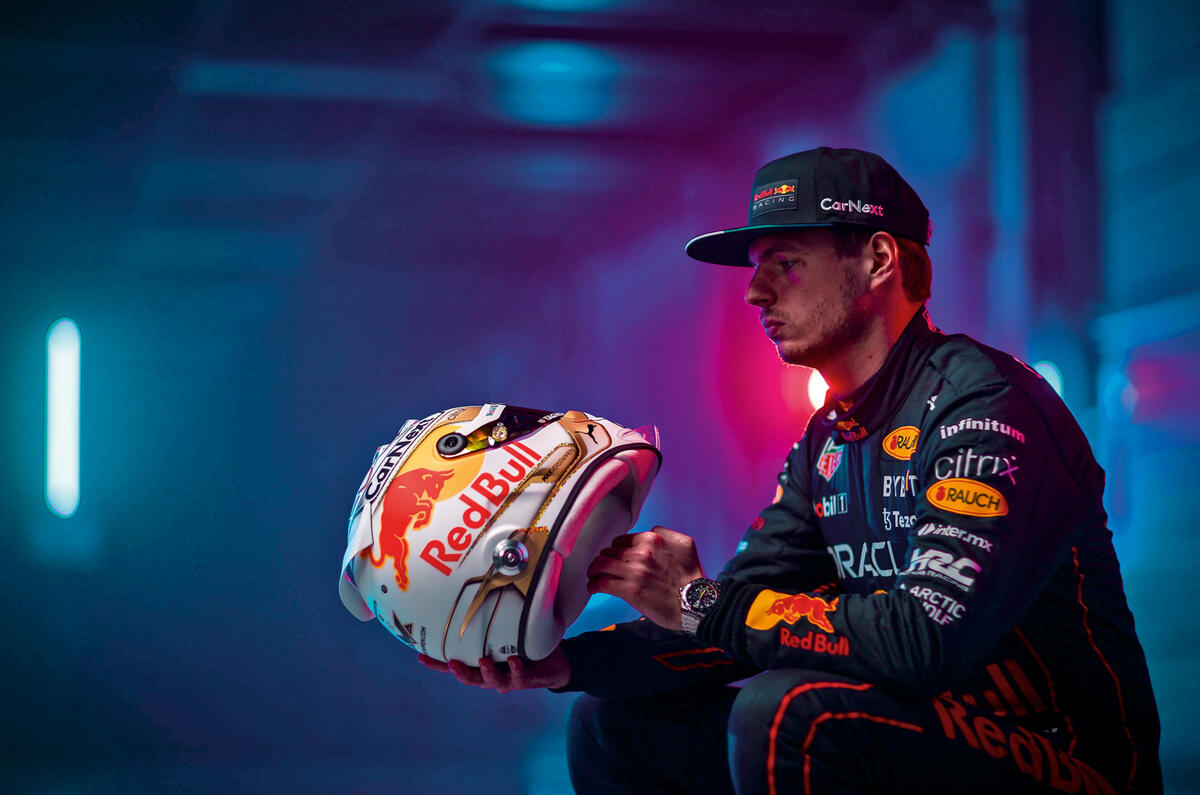
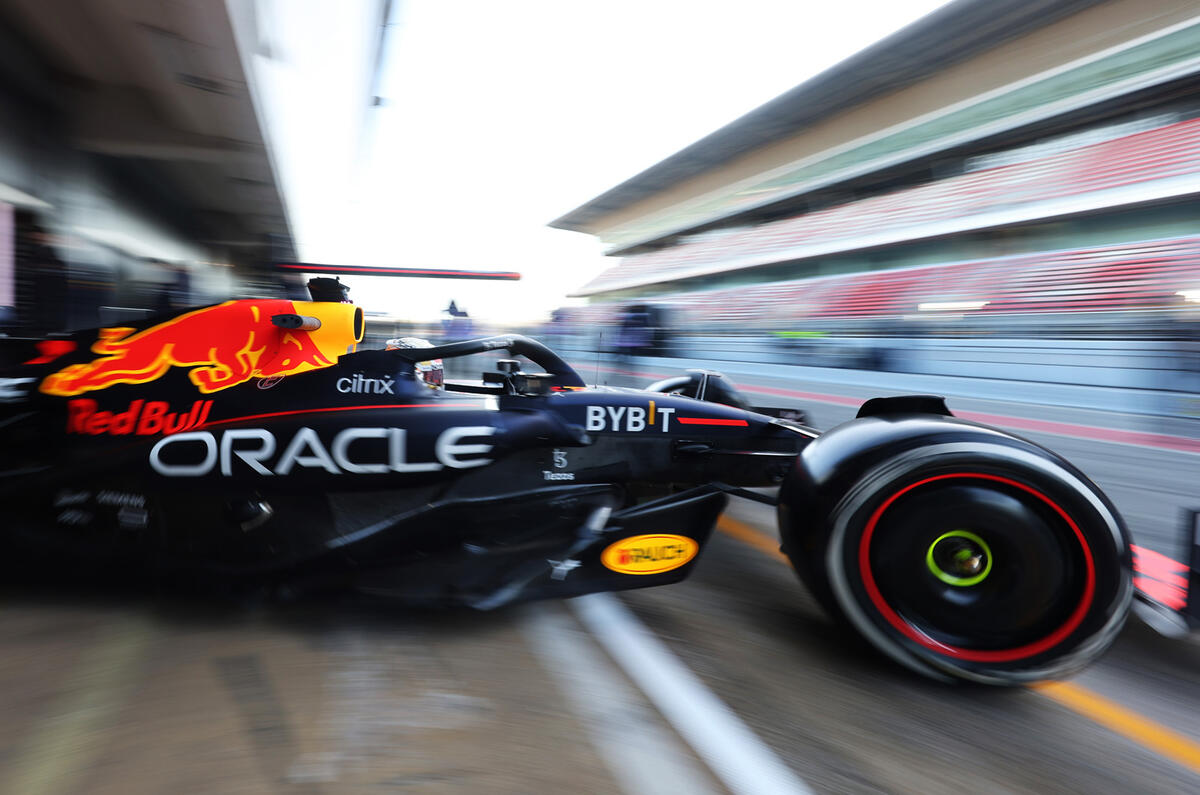
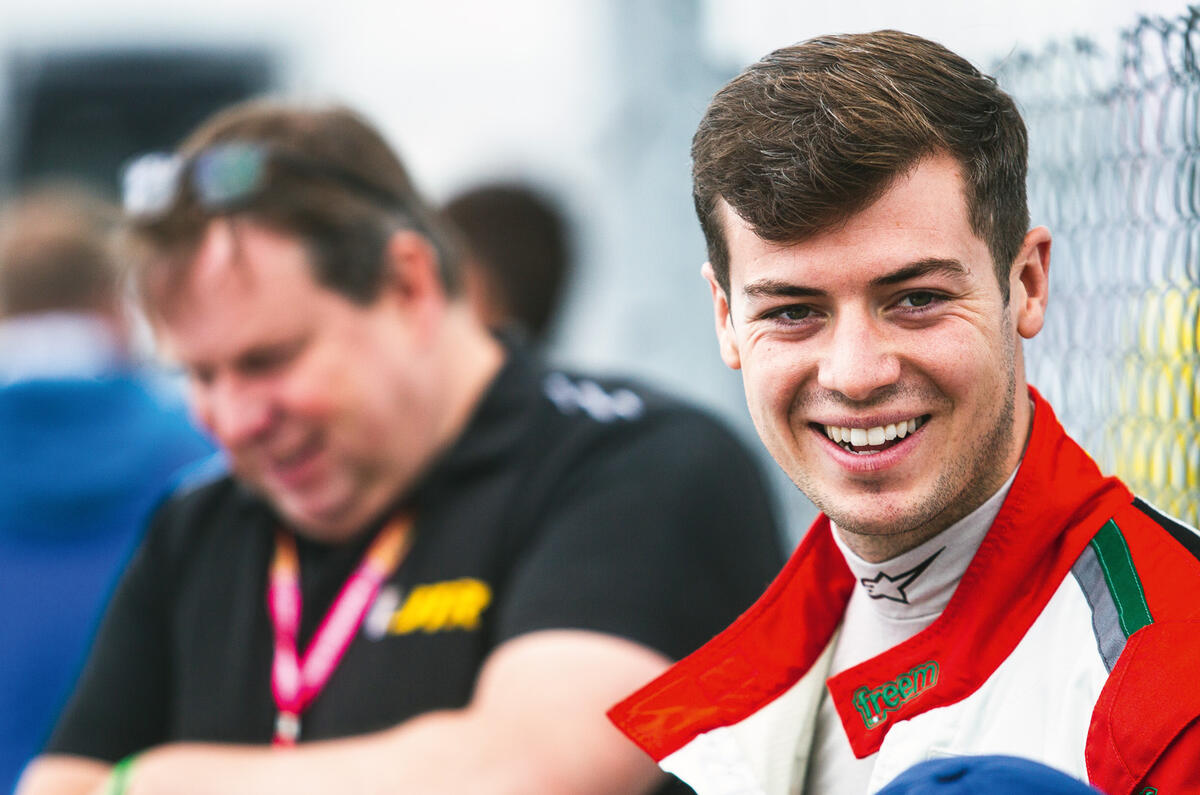


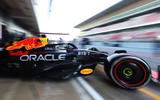


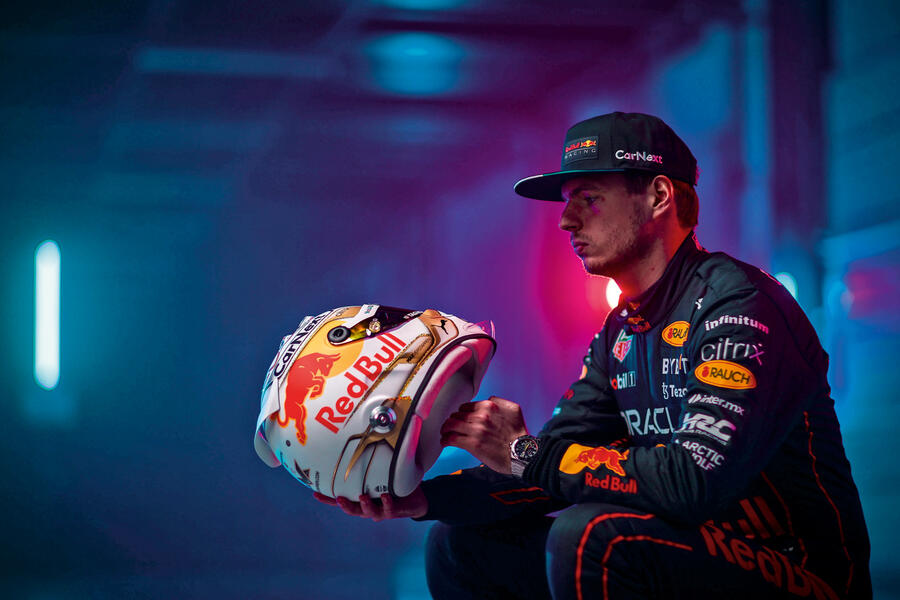
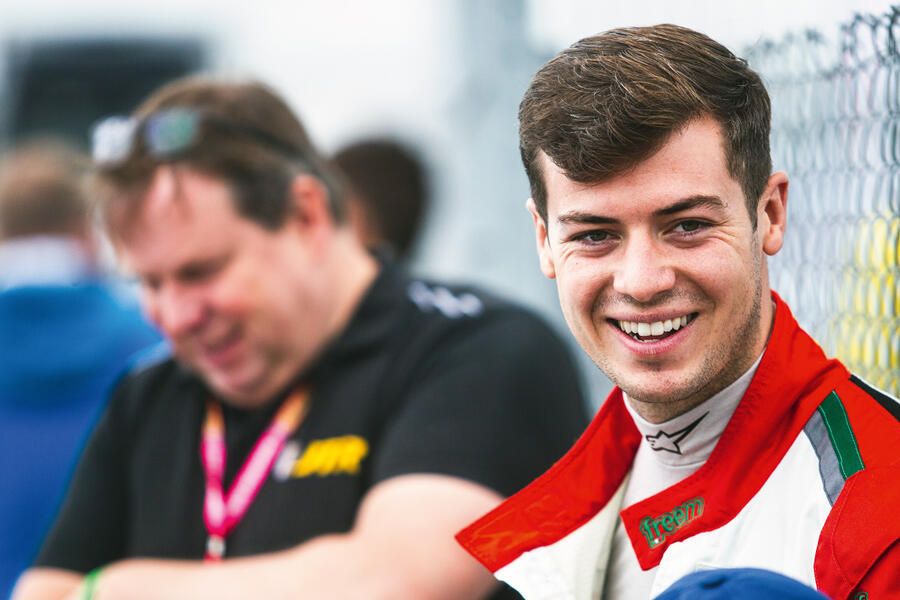

Join the debate
Add your comment
Well, this is the second Album so to speak, the Title win couldn't have been anymore dramatic, now we're into 2022 the second Album, the one that confirms your Champion material,and I have to say that judging by Verstappens tantrums in the last few Laps, that when everything is going well ,that he's leading, but now that Ferrari appear to have the Car this Year ,Verstappen starts to bottle it, his pit chief as good as told him to grow a pair! ,and Verstappen has broken cars before with driving his way, next race please!
To be honest, last season got out of hand at Silverstone,not the racing, the back biting, the kids in a Playground politics, the media stirring it up and yes social media really dumped on it big time,and I feel already it's going to hard not thinking what's going to be the first race epically dull!
His achievements I respect, but his manner definitely not.
He looks a pollock in jodhpurs and tweed too…